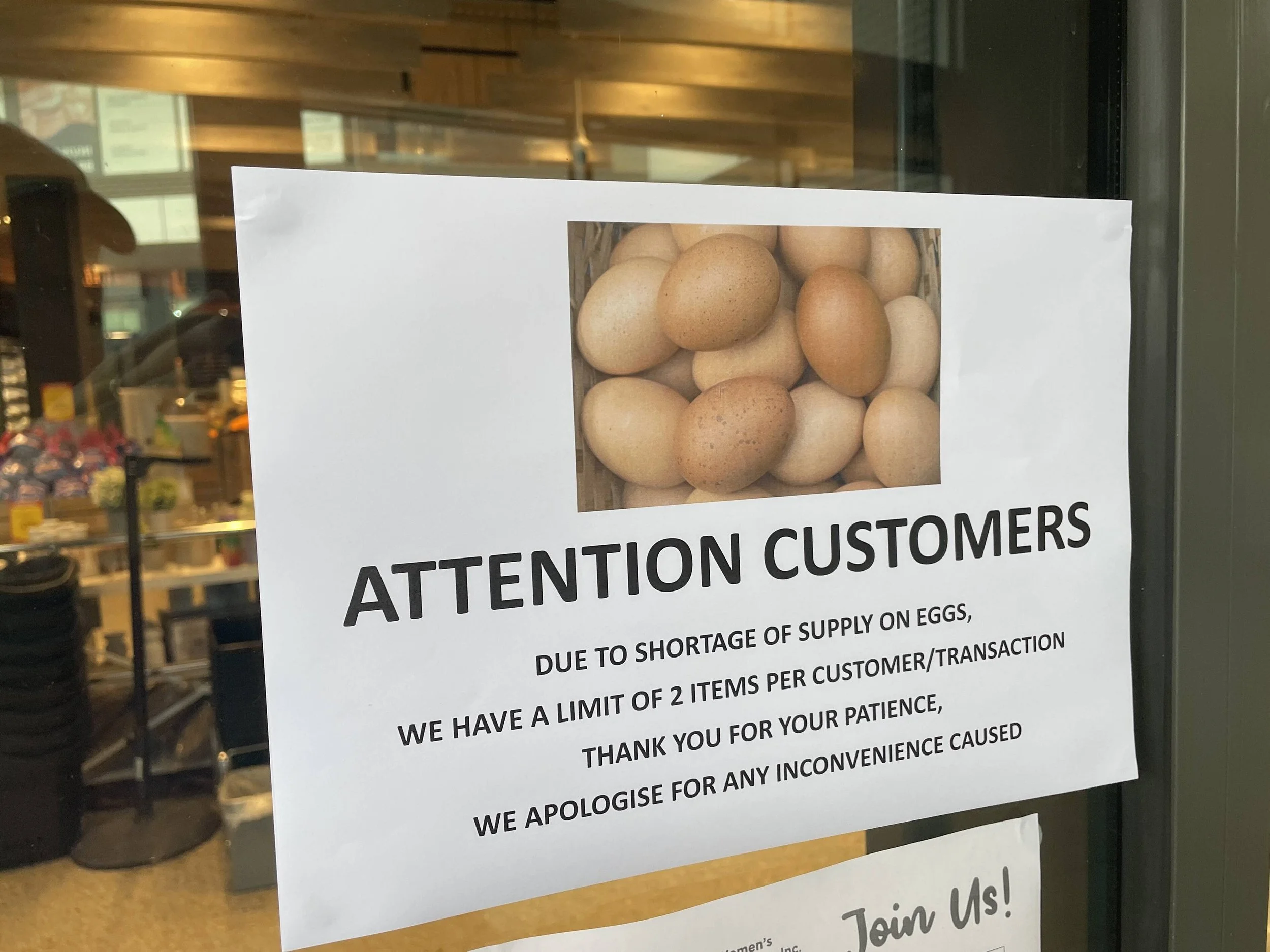Cracked Supply: Why Australia’s Running Out of Eggs—And What the Labels Really Mean
Walk into your local supermarket lately and you’ll notice a familiar problem: empty egg shelves and “limit 2 per customer” signs. Yep, Australia is in the middle of an egg shortage, and it’s not just due to breakfast lovers going overboard.
But as consumers scramble (pun intended) to grab what’s left, it's a good time to ask: what do all those egg labels actually mean? And is one type more affected by the shortage than others?
Here’s what’s really going on—and how to choose the right carton.
🥚 Why Is There an Egg Shortage in Australia?
The current egg shortage comes down to three major factors:
Bird Flu Outbreaks
Avian influenza hit several commercial farms in 2024, forcing the culling of over 1.8 million chickens. Fewer hens = fewer eggs.Phasing Out Cage Eggs
Australia is gradually moving away from caged egg production in favour of more humane systems like barn-laid and free-range. But updating infrastructure takes time, and that’s slowed supply.High Demand
As the cost of meat rises, many Australians are turning to eggs for an affordable source of protein—increasing demand just as supply is falling.
Retailers like Coles and Woolworths have had to limit purchases, and prices are up across all types—from budget cage eggs to premium organic.
🐔 What Do the Different Egg Labels Actually Mean?
When you can find eggs, you’ll see all kinds of labels. Here’s a cheat sheet:
Cage Eggs: Cheapest option, lowest welfare. Hens are confined to small wire cages with little room to move. Phasing out by 2036.
Barn-Laid Eggs: Hens roam freely indoors but have no outdoor access. Better welfare than cage, affordable middle-ground.
Free-Range Eggs: Hens have outdoor access. Legally, no more than 10,000 hens per hectare, though lower-density farms are considered more ethical.
Pasture-Raised Eggs: Top-tier welfare. Hens live outside full-time, often fewer than 750 hens per hectare. Premium pricing.
Organic Eggs: Free-range plus certified organic feed, no GMOs, and strict welfare standards. Look for logos like ACO or NASAA.
RSPCA Approved: Can apply to barn or free-range systems that meet RSPCA’s high welfare standards.
🧠 How to Shop Smarter During the Shortage
Know your priorities: If ethics matter, opt for pasture-raised or certified organic. For affordability, barn-laid is a good compromise.
Try alternatives: Ricotta, tofu, or Greek yoghurt can sub in for eggs in some recipes.
Support local: Visit farmers markets or local suppliers who may have fresh stock not yet hit by supermarket shortages.
Eggs might be scarce right now, but knowledge isn’t. The more you understand what those labels mean, the better your next carton choice will be—no matter what’s left on the shelf.


